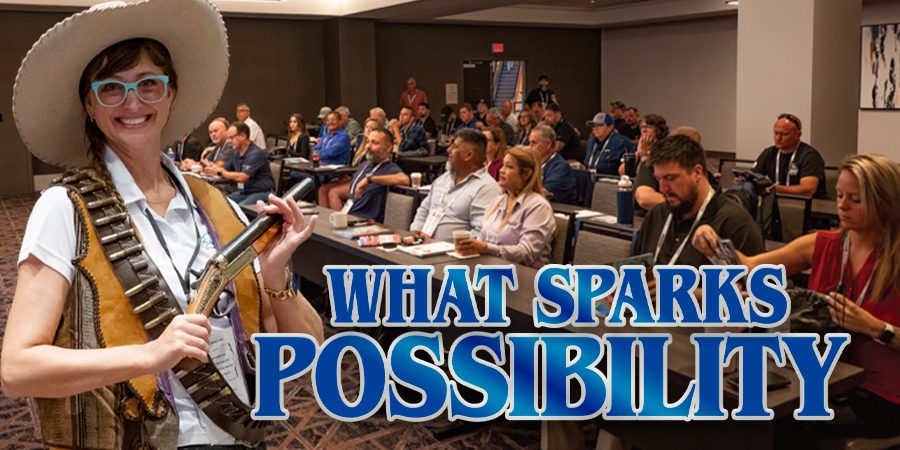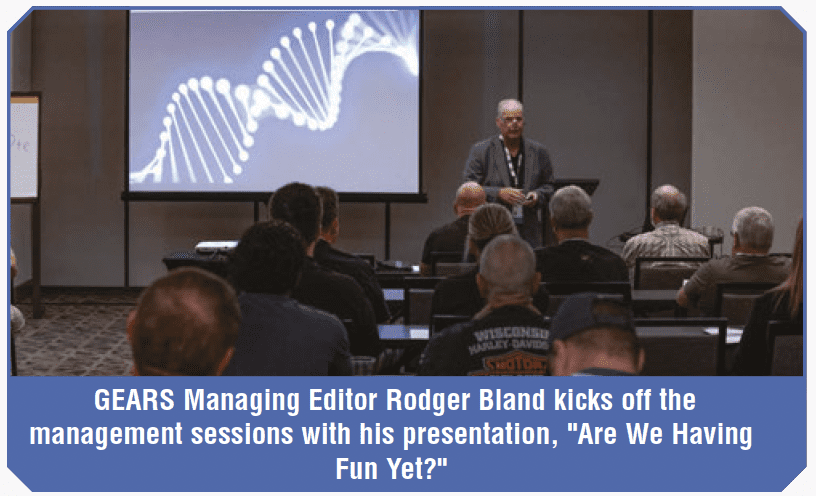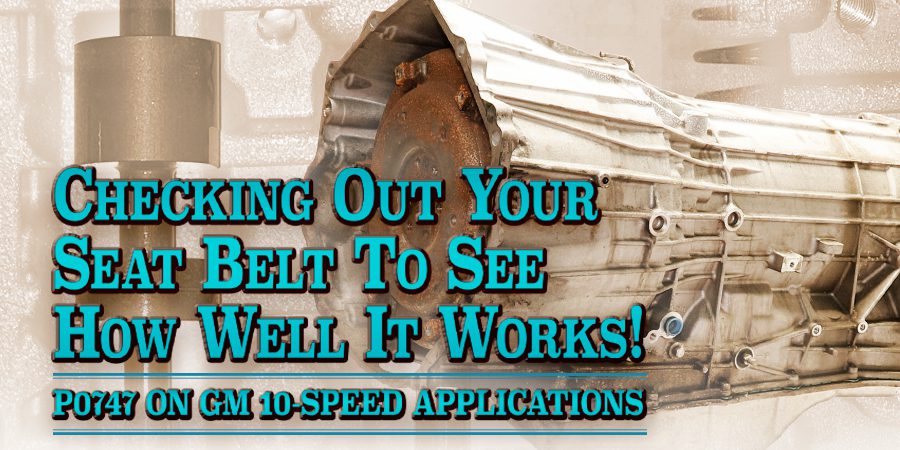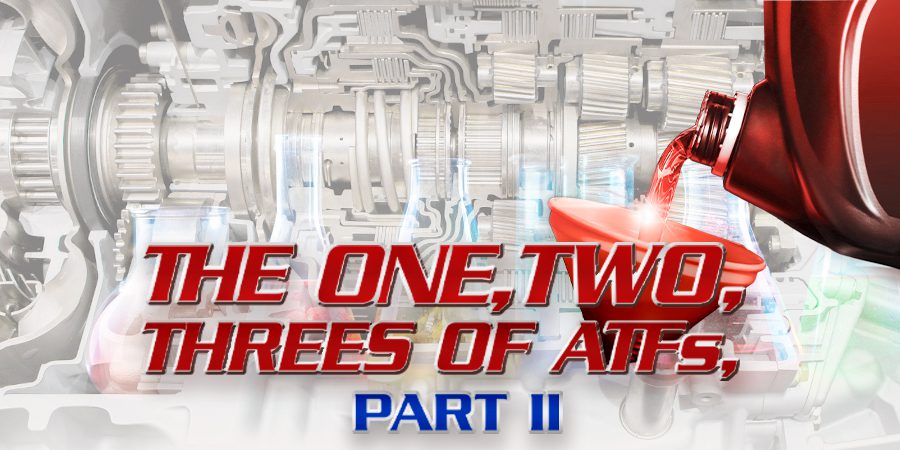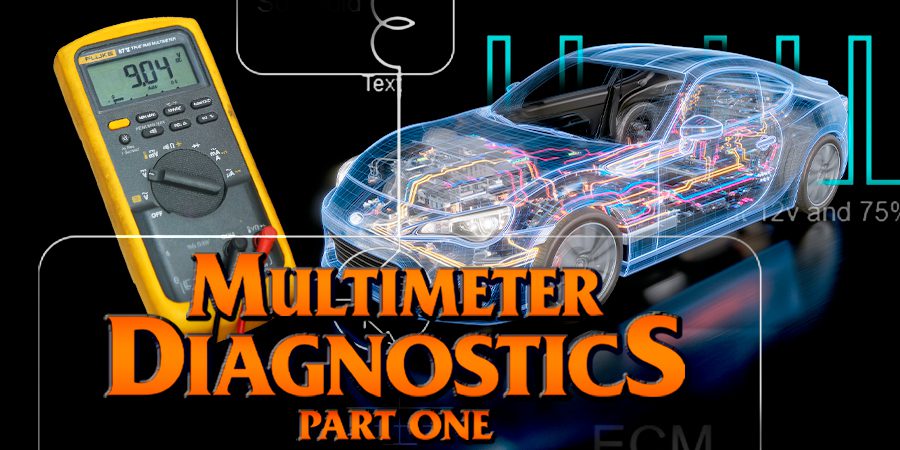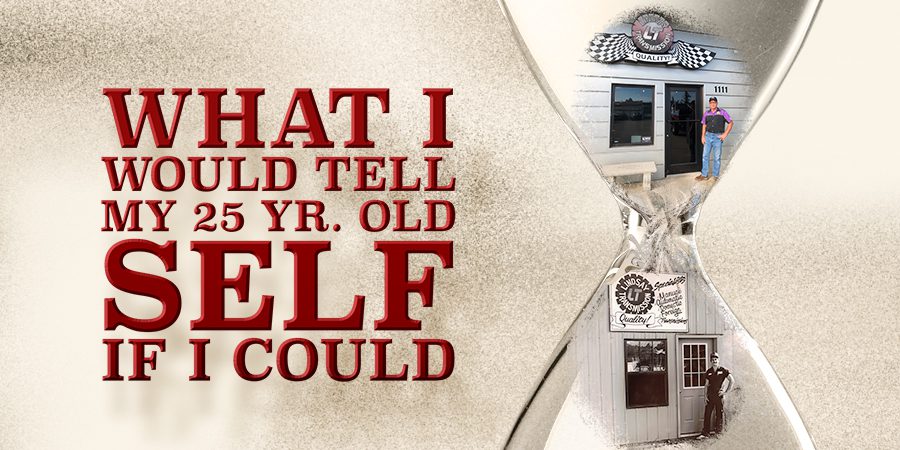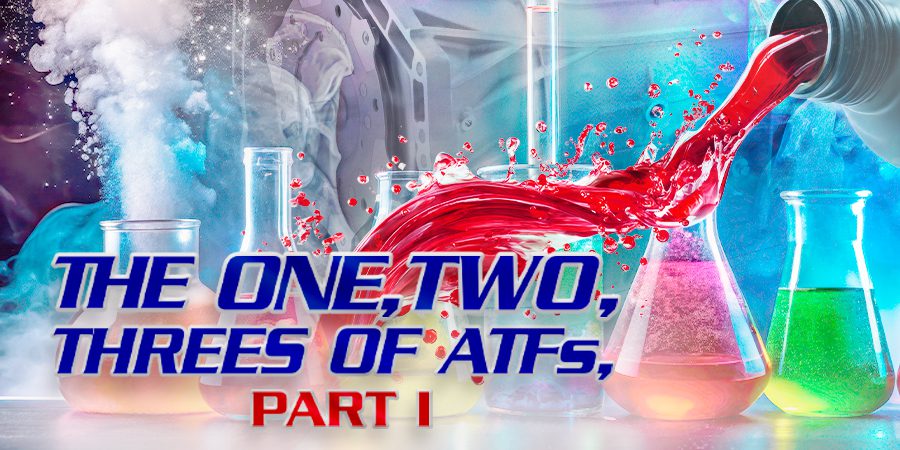I just returned from San Antonio, and the ATRA Powertrain Expo felt different this year.
Coming back from one of those giant, overwhelming shows where you’re racing between tracks and missing more than you can take in, PowerTrain 2025 felt focused, professional, and heartfelt. There was enough training to sharpen your skills, but also space to connect with people. And the energy – it was positive, high-level, and productive. I came home with ideas, but more than that, I came home with motivation, and let’s be honest, motivation is what we need when the weight of payroll, staffing shortages, and never-ending fires has us wondering if we can keep this pace.
What stood out to me right away was that leadership listened. Last year’s overlap with AAPEX didn’t work. The energy was split, people were frustrated, and it left a lot of us wondering what would come next for our PowerTrain Expo. Instead of brushing it off, leadership at ATRA made a pivot. They committed to rebuilding this event, and 2025 proved they really meant it.
For me, the biggest lessons weren’t just in the classroom. They happened in the hallway conversations between classes, the laughs over our group meals in the restaurant, and the quick chats in passing that ended up igniting my creative process. That’s where the real value of this year’s expo lived for me – and those are the lessons I carried home.
Rather than run you through every breakout and keynote, I’d rather tell you about the lessons that stuck – the ones that made me stop, think, and head home with more than just notes.
 Lesson One: The Classes are Strong but Connection is Stronger
Lesson One: The Classes are Strong but Connection is Stronger
The classroom content was solid. Rodger Bland set the tone with the management opener that reminded all of us why we keep showing up to these events. Bill Haas pushed us to think sharper about leadership and what that means. Sara Fraser, as always, brought a fresh perspective. It reminded me of Maylan’s line, ‘Leadership is earned, not appointed.’ You could see it in the energy the speakers showed up with; they weren’t just teaching, they were leading through connection. Jim Cathcart pulled out his guitar and also reminded us that wisdom doesn’t have an expiration date. And Aaron Stokes? He lit a fire that had shop owners leaning in and scribbling notes fast.
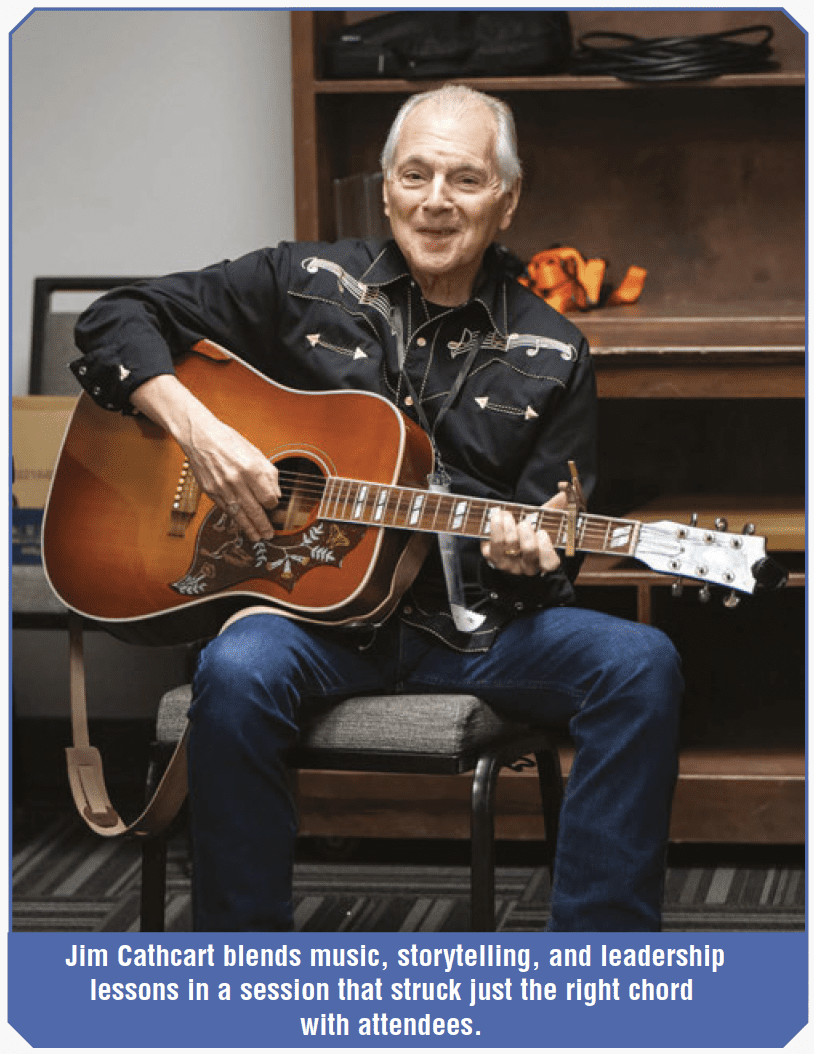 But here’s the truth – the biggest takeaways wasn’t tucked in PowerPoint slides. They showed up in the nods across the room, in the quick laughs as people compared shop stories, in the way one speaker’s words carried into the next day’s conversation over coffee.
But here’s the truth – the biggest takeaways wasn’t tucked in PowerPoint slides. They showed up in the nods across the room, in the quick laughs as people compared shop stories, in the way one speaker’s words carried into the next day’s conversation over coffee.
That’s the magic this year got right. The training sharpened our skills – but the real learning happened when we carried those lessons into connection with each other.
Lesson Two: Proximity Sparks Possibility
Some of the best moments I had didn’t happen in the classroom – they were crafted in the in-between. The hallway & lobby conversations. The quick pull-asides. The unexpected chats that ended up shifting perspective. That same energy carried into my own session. The room filled up fast to standing room only in the back, and it wasn’t about me. It was proof of another Maylanism: ‘Trust is built in moments.’ People showed up hungry for real talk and connection, and together we built it in that space.
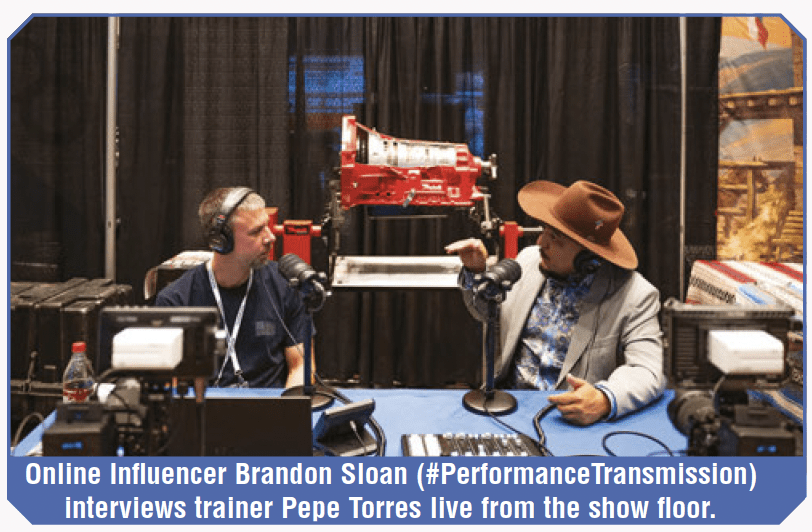 Attendee, Don Cigelske, handed me an article that sparked a whole new line of thought. Dennis Madden broke down analytics in a way that made the numbers feel less like math and more like a map. At the luncheon, Lance dropped insights that stuck with me long after the plates were cleared. And the WIT reception? Was a reminder to celebrate what’s possible when people in this industry show up, share openly, and cheer each other on.
Attendee, Don Cigelske, handed me an article that sparked a whole new line of thought. Dennis Madden broke down analytics in a way that made the numbers feel less like math and more like a map. At the luncheon, Lance dropped insights that stuck with me long after the plates were cleared. And the WIT reception? Was a reminder to celebrate what’s possible when people in this industry show up, share openly, and cheer each other on.
That proximity – being close enough to ask questions, share a laugh, and hear the real stories – is what flipped the switch for me. There is no way to get that energy and inspiration online from a webinar or a recording. You only get it by showing up and connecting with other like-minded individuals.
Lesson Three: Energy is Contagious
One of the most powerful reminders came in Coyte’s session. He said, “You don’t have to be perfect to be good.” Simple, right? But it really landed. Hard.
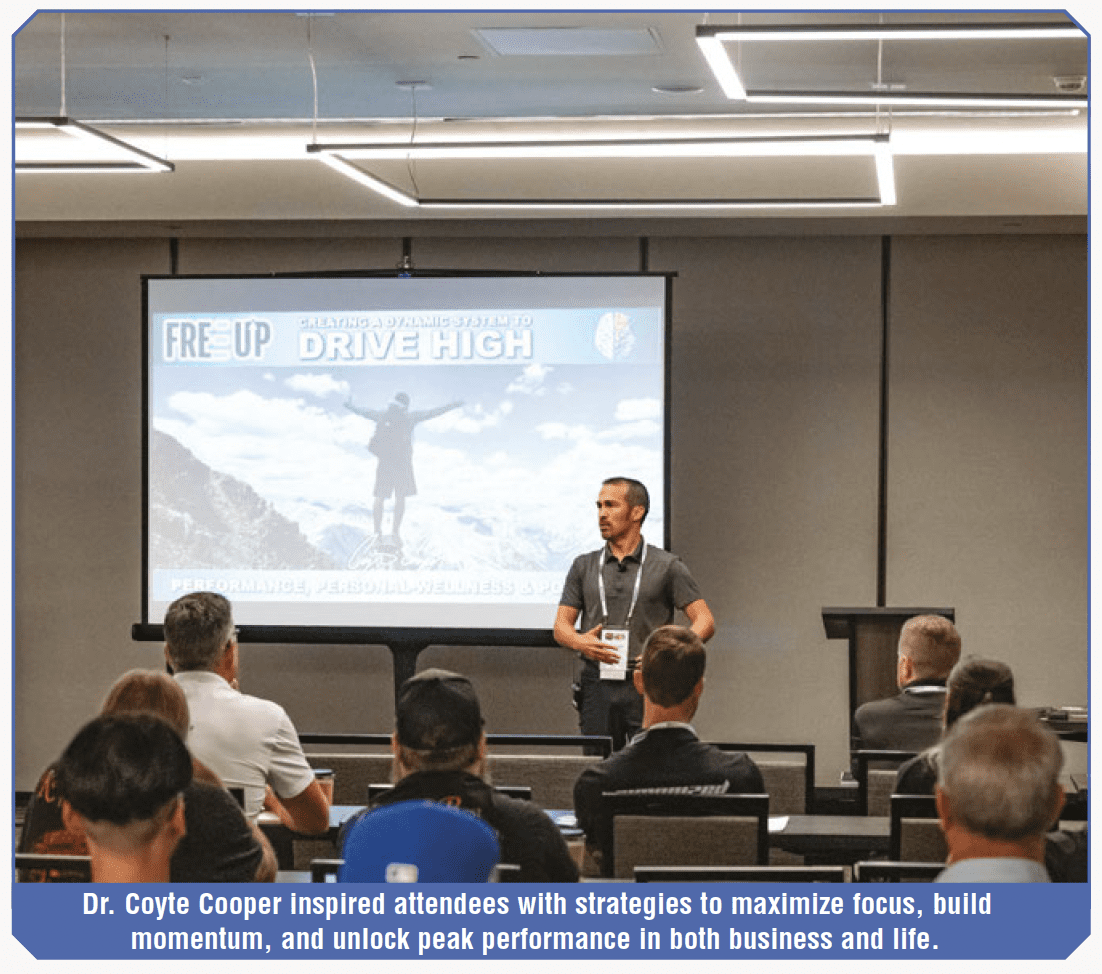 In the automotive industry, it’s easy to chase perfection and feel discouraged. But what he challenged us with was this single idea that optimal is better than perfect. Because perfect? Perfect is unachievable. And chasing it only leaves you disappointed.
In the automotive industry, it’s easy to chase perfection and feel discouraged. But what he challenged us with was this single idea that optimal is better than perfect. Because perfect? Perfect is unachievable. And chasing it only leaves you disappointed.
Instead, he laid out a pyramid that starts with Purpose and Positive Psychology at the base, then builds through Mind Mastery, Emotional Alchemy, and Operating Systems, all the way up to the top: Free Up. It’s about clearing space in our minds and controlling our nervous systems so we can actually show up as leaders, not just operators running on fumes.
That’s where the gratitude piece hit me. Gratitude. Give. Grow. Not as fluffy ideas, but as real performance enhancers.
Gratitude shifts your state. And giving reminds you of your bigger role in life. And growth? That’s the natural outcome when you practice the first two. It lined up with what I teach in The Maylan Method – progress beats perfection every single time. The real win is staying consistent, not flawless.
Coyte’s pushed us to stop tucking away our fear and start building the skillset of flipping fear into excitement. Replace disappointment with curiosity. Miss a day? Don’t spiral. Just rebuild. Get back to it.
The way he put it: your potential isn’t about being flawless, it’s about meeting your goals with energy, vitality, and a clear vision of where you’re headed. That kind of energy is contagious. You feel it. Your team feels it. And your customers feel it too.
Lesson Four: Relationships Drive Opportunities
Thom Tchetter came in hot with a tough truth: most marketing doesn’t fail because of lack of effort – it fails because it’s fragmented. Scattered. Unfocused.
He walked us through the “10 Fatal Mistakes” shops make, and what rang true was this: marketing isn’t a department. It’s not a flyer, or a Facebook post, or a coupon you mail once in a while. Marketing is the engine of your business – it touches everything.
Your website. Your uniforms. Your signage. Your pricing. Your bathrooms. Yes, even your bathrooms. If the customer experience doesn’t line up with your message, trust breaks down – and relationships stall before they ever start. That’s why Maylan always said, ‘The relationship is the sale.’ Thom’s system just gave us the roadmap for how to make sure every piece of our shop backs that up.
Thom’s framework – the FIMS, or Fully Integrated Marketing System – showed how every piece connects, and I am a true believer. From customer awareness all the way to referrals, it has to flow. And the consistency isn’t just about making your shop look good. It’s about keeping relationships alive and strong.
Because here’s the truth: a weak message, an inconsistent experience, or a shop culture that doesn’t match your story will kill opportunities before they even have a chance to grow. But when everything is aligned? That’s when customers stop being transactions and start being advocates.
And advocates – not ads – are what drive long-term opportunities. Thom’s point hit me hard because too many shop owners are losing sleep over low margins and high stress, and the root of it isn’t always the numbers. It’s the broken system behind the numbers.
Lesson Five: Show Up for the Bigger Picture
Aaron Stokes reminded us that selling in a post-COVID world isn’t just about the car – it’s about the people. The families who depend on that car. The moments that hinge on it – weddings, funerals, job interviews, kids getting to school. Auto repair is honorable work when you zoom out and see it that way.
He challenged us to look hard at how we sell, how we present, and how we protect our people. Service advisors, especially, are under fire from every angle – customers, techs, owners, vendors. If we don’t stand by them, we’re asking them to stand alone. And when we’ve got their back, they have the confidence to have the customer’s back.
Aaron’s reminder to ‘sell the decision’ hit home. Maylan would have said it this way: ‘If it’s to be, it’s up to me.’ Different words, same truth – leadership is about guiding people forward. Too often we let fear or hesitation get in the way. But showing up, guiding people through the choice, and being transparent in the process is where real trust is built.
That doesn’t just apply to sales. It applies to hiring, to partnerships, to leadership. Every decision is a chance to either stall out or move forward.
And here’s the bigger picture: if shop owners stay buried in the grind and never invest in events like this one, they miss out on that reset. They miss the chance to come home with new perspective, new fire, and new standards for what their business could be.
Aaron’s challenge made me think about the owners I know who haven’t had a real day off in years. Stuck in the grind, trying to cover every role themselves. That’s not leadership, that’s survival. And survival mode will burn you out. That’s why these events matter. They’re not just about training. They’re about vision.
Lesson Six: Community is the Real Advantage
If there was one thing that set Powertrain 2025 apart, it was the community. ATRA made a bold choice this year – no competing tracks. That meant we weren’t scattered and siloed, we were together. Learning, laughing, sharing. It felt less like a trade show and more like family-style support.
And the ATRA family showed up everywhere. Lance, Sarah, Aurelio, Leslie, Robert, Catherine – each one with their positive greetings, their guidance, their support. They weren’t just faces on a program. They were present. Engaged. Making sure the people in the room felt seen.
That same theme carried into one of the most impactful sessions: Culture Shock: Electrifying the Workplace. This wasn’t just another class on HR checkboxes. It was about creating workplaces that actually work for people – bridging generational gaps, learning each other’s personality dynamics, communicating effectively, and leading inclusively.
And Maryann built on that same heartbeat with her session about putting out daily fires. She spoke directly to the owners and managers who are tired of managing chaos instead of leading with clarity. Her focus on clearly defined roles and how even simple Ai tools can support collaboration and accountability gave us practical steps to move from survival mode to a healthier, more unified culture.
And let’s be real – culture isn’t just a buzzword, it’s what keeps shop owners up at night. Burned-out techs walking out. Service advisors buckling under pressure. A team that feels more like a revolving door than a family. That’s the stuff that eats at you after hours, long after the shop doors close.
The message in these sessions was clear: culture isn’t accidental. It’s built, moment by moment, with intention. Just like ATRA did with this expo. Even the location played its part. San Antonio brought its own flavor – the Riverwalk strolls, the food, and yes, even a few lighthearted jokes about the size of The Alamo. All of it blended into something bigger than the sum of its parts.
That’s the real advantage here. Not just training. Not just business cards swapped. But a community – in our shops and in our industry – that cares enough to create experiences where people feel included, energized, and part of something that matters. Community like this is why Maylan always said, “Fixing cars is what we do. Helping people is why we succeed.” And this year’s Powertrain Expo proved that’s still the heartbeat of our industry.
I’m already looking forward to what ATRA builds on next year – because if 2025 was any indication, the future of this expo is in good hands.
~Melissa “Birdie” Patterson brings 28 years of shop-tested experience to her work as an organic marketer and transition strategist for the automotive industry at www.BirdsiSocial.com. She carries forward the Maylan Method – real leadership, clear communication, and culture that lasts.


